Fiction
Fiction refers to literature created from the imagination, including a broad range of genres and narrative styles.
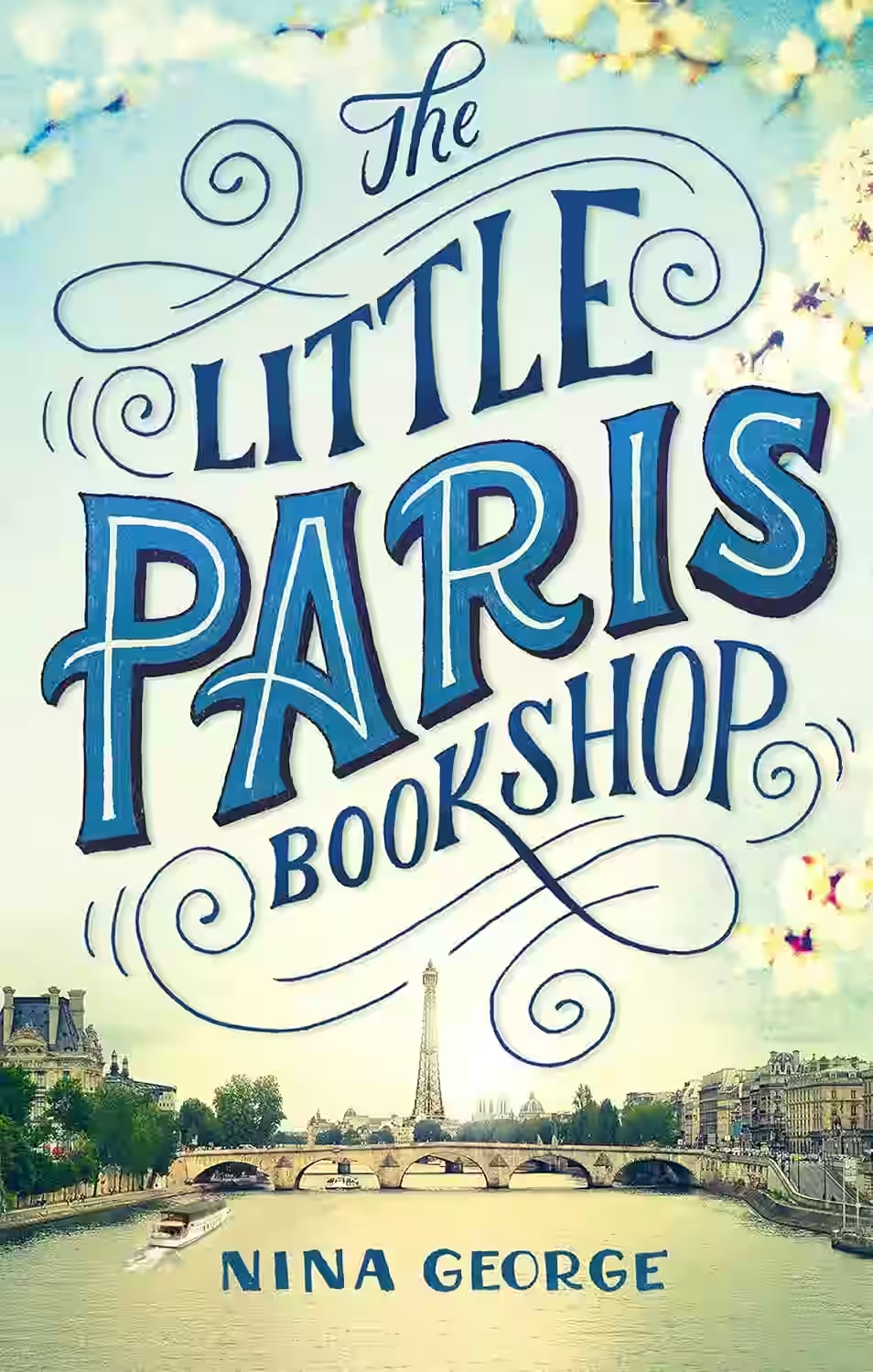
The Little Paris Bookshop
by Nina George
In 'The Little Paris Bookshop' by Nina George, Monsieur Perdu owns a floating bookstore on the Seine, where he prescribes books like medicine to heal his customers' souls. Yet, he is unable to mend his own heartbreak from an old lover who left him two decades ago. When he discovers an unopened letter from his lost love, he embarks on a journey down the river to the south of France, accompanied by a bestselling author and a lovelorn Italian chef on a charming literary quest filled with love, friendship, and self-discovery.

Angels & Demons
by Dan Brown
Series: Robert Langdon (#1)
Dan Brown's 'Angels & Demons' is a riveting thriller that explores the tension between science and religion, set against the backdrop of Vatican City. The novel follows Harvard symbologist Robert Langdon as he delves into a clandestine battle involving the ancient Illuminati secret society. Called to solve the mysterious murder of a physicist, Langdon discovers a plot to annihilate the Vatican using a volatile piece of antimatter. Rich in historical detail, the narrative weaves through a labyrinth of clues and symbols, offering readers a fast-paced journey filled with suspense. Brown's meticulous research combined with imaginative storytelling captivates, raising profound questions about humanity's religious and scientific beliefs.

Moby Dick
Moby Dick is Herman Melville's classic novel about Captain Ahab's relentless pursuit of the white whale, Moby Dick. Through captivating prose and stimulating characters, Melville explores themes of revenge, fate, and the power of the sea. A timeless tale of adventure and obsession, Moby Dick has inspired countless readers and remains one of the most beloved books in literature.

Animal Farm
Animal Farm is a satirical fable by George Orwell, where farm animals overthrow their human owner, seeking equality. But as a new leadership rises, the ideals of their revolution are corrupted, revealing a powerful allegory about power and betrayal.
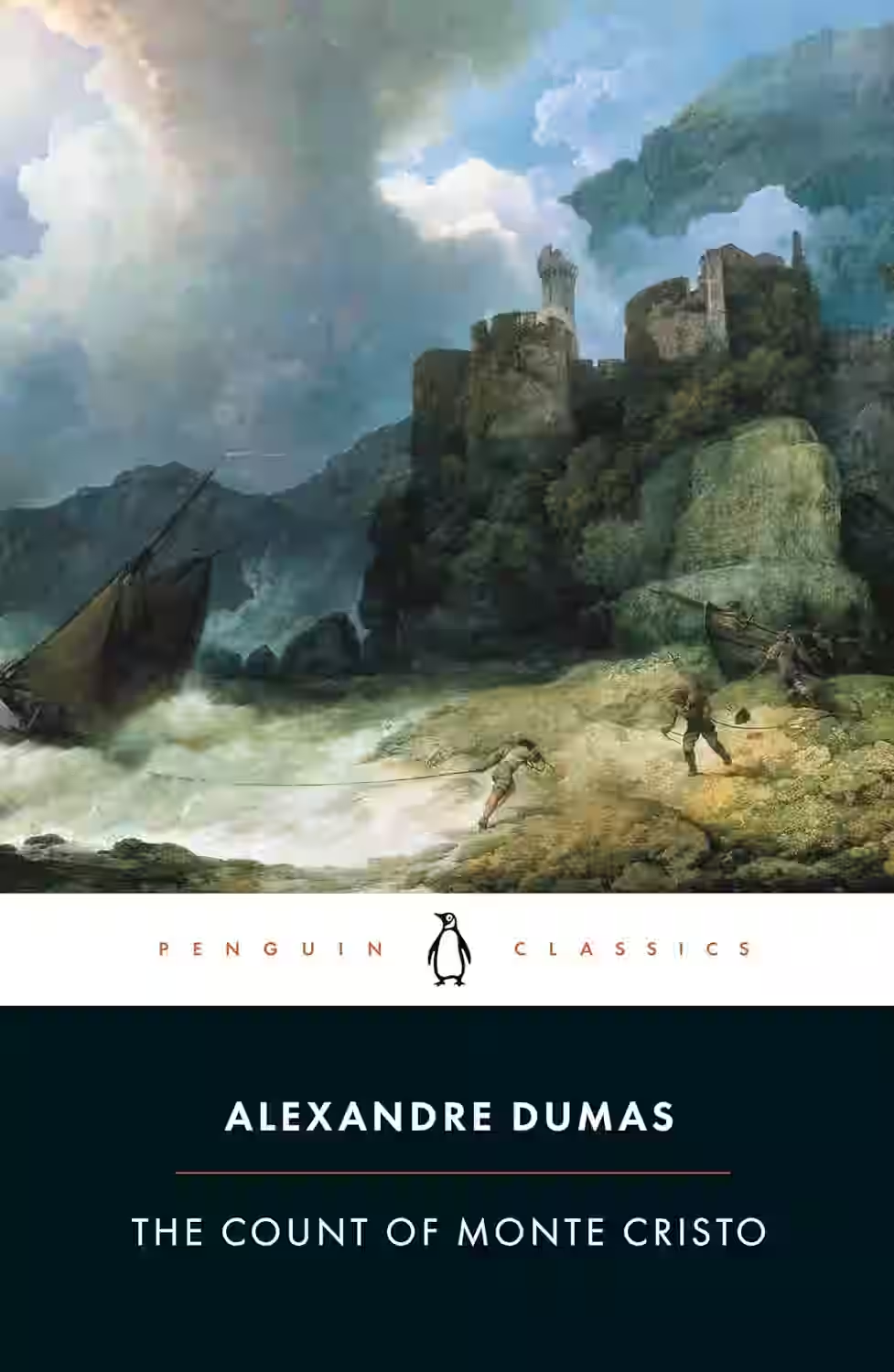
The Count of Monte Cristo
The epic tale of wrongful imprisonment, adventure and revenge, in its definitive translation Thrown in prison for a crime he has not committed, Edmond Dantès is confined to the grim fortress of If. There he learns of a great hoard of treasure hidden on the Isle of Monte Cristo and he becomes determined not only to escape, but also to use the treasure to plot the destruction of the three men responsible for his incarceration. Dumas’ epic tale of suffering and retribution, inspired by a real-life case of wrongful imprisonment, was a huge popular success when it was first serialized in the 1840s.
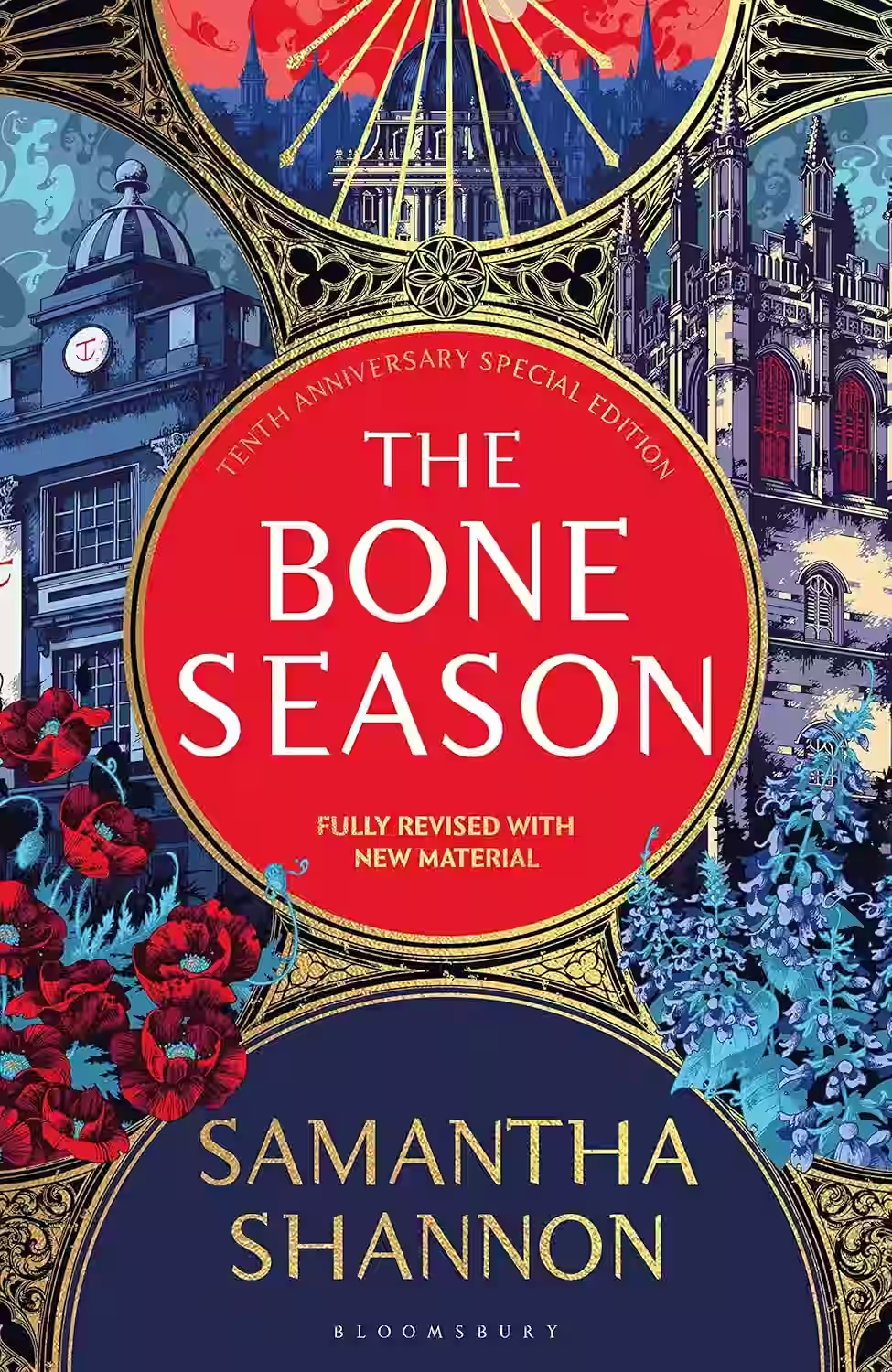
The Bone Season
Series: The Bone Season (#1)
In a dystopian future London, clairvoyants are outlawed and hunted. Paige Mahoney, a powerful dreamwalker, works in the criminal underworld using her rare abilities. When she’s captured and taken to a secret prison controlled by an alien race known as the Rephaim, Paige must navigate a brutal new reality. As she uncovers the truth behind the Rephaim’s rule, she’s forced to choose between submission and rebellion. The Bone Season launches a complex, high-stakes fantasy series blending supernatural powers, political intrigue, and resistance. It’s an immersive, genre-bending story of survival and uprising.
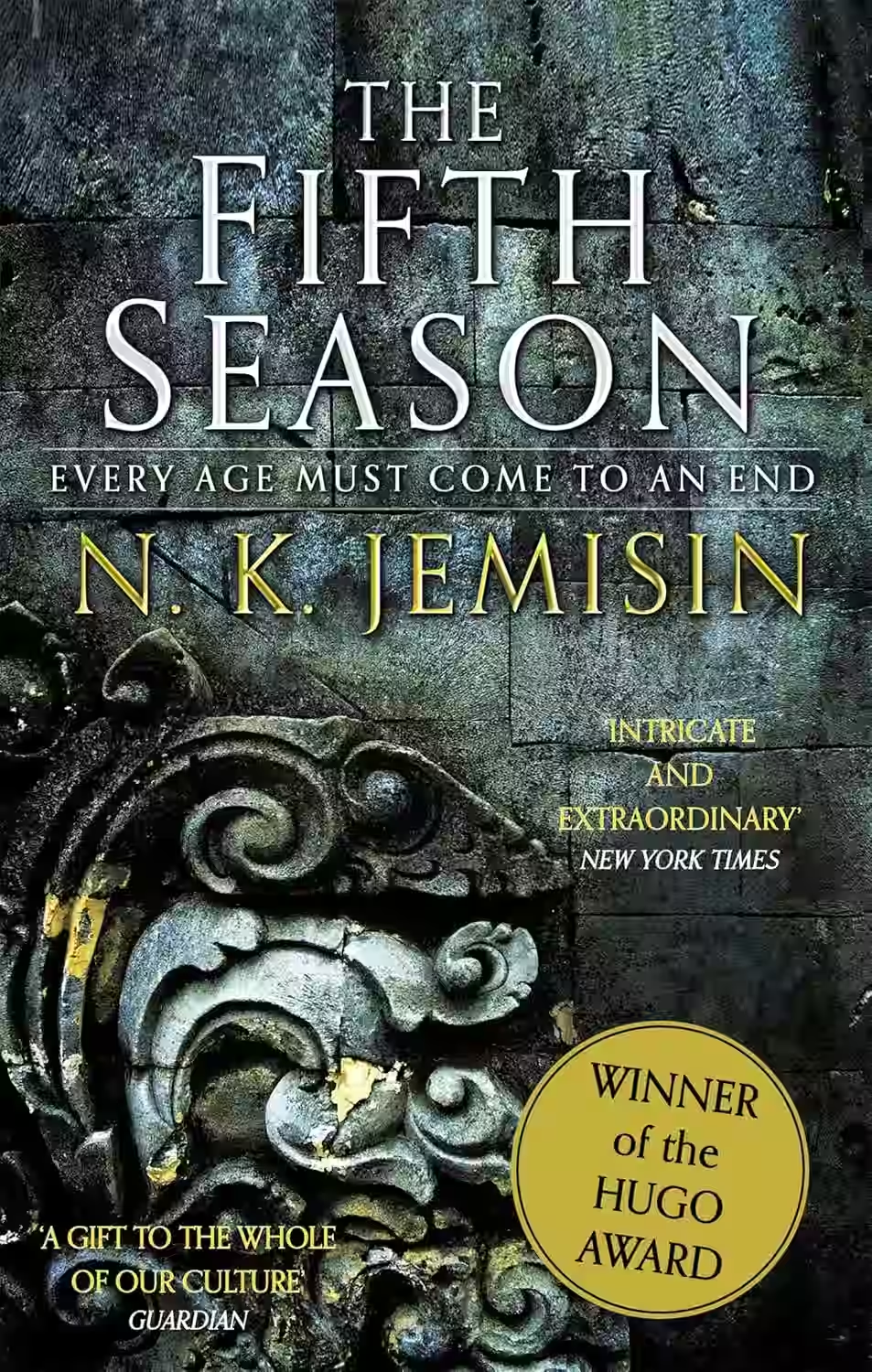
The Fifth Season
Series: The Broken Earth (#1)
In The Fifth Season, the world ends—again. In a single day, Essun returns home to find her son murdered by her husband, who has vanished with their daughter. At the same time, the empire of Sanze collapses, and a massive rift tears through the continent of the Stillness, unleashing ash that will darken the skies for years. As civilization crumbles and survival becomes a brutal fight for dwindling resources, Essun sets out through a dying land to rescue her daughter. She doesn’t care if the world burns—she’ll shatter it herself if that’s what it takes. A fierce, gripping tale begins.

The Brass Verdict
Series: Mickey Haller (#1)
In 'The Brass Verdict' by Michael Connelly, readers are taken into the gripping world of legal thriller as defense attorney Mickey Haller inherits a high-profile case from a colleague who has been murdered. Haller teams up with Detective Harry Bosch to unravel the truth behind the case while navigating a web of lies, deceit, and danger. As the story unfolds, Connelly expertly weaves together intricate courtroom drama, unpredictable twists, and vivid character portrayals that keep readers on the edge of their seats. The novel delves deep into themes of justice, redemption, and the complexities of the legal system. 'The Brass Verdict' is a compelling page-turner that showcases Connelly's masterful storytelling prowess.
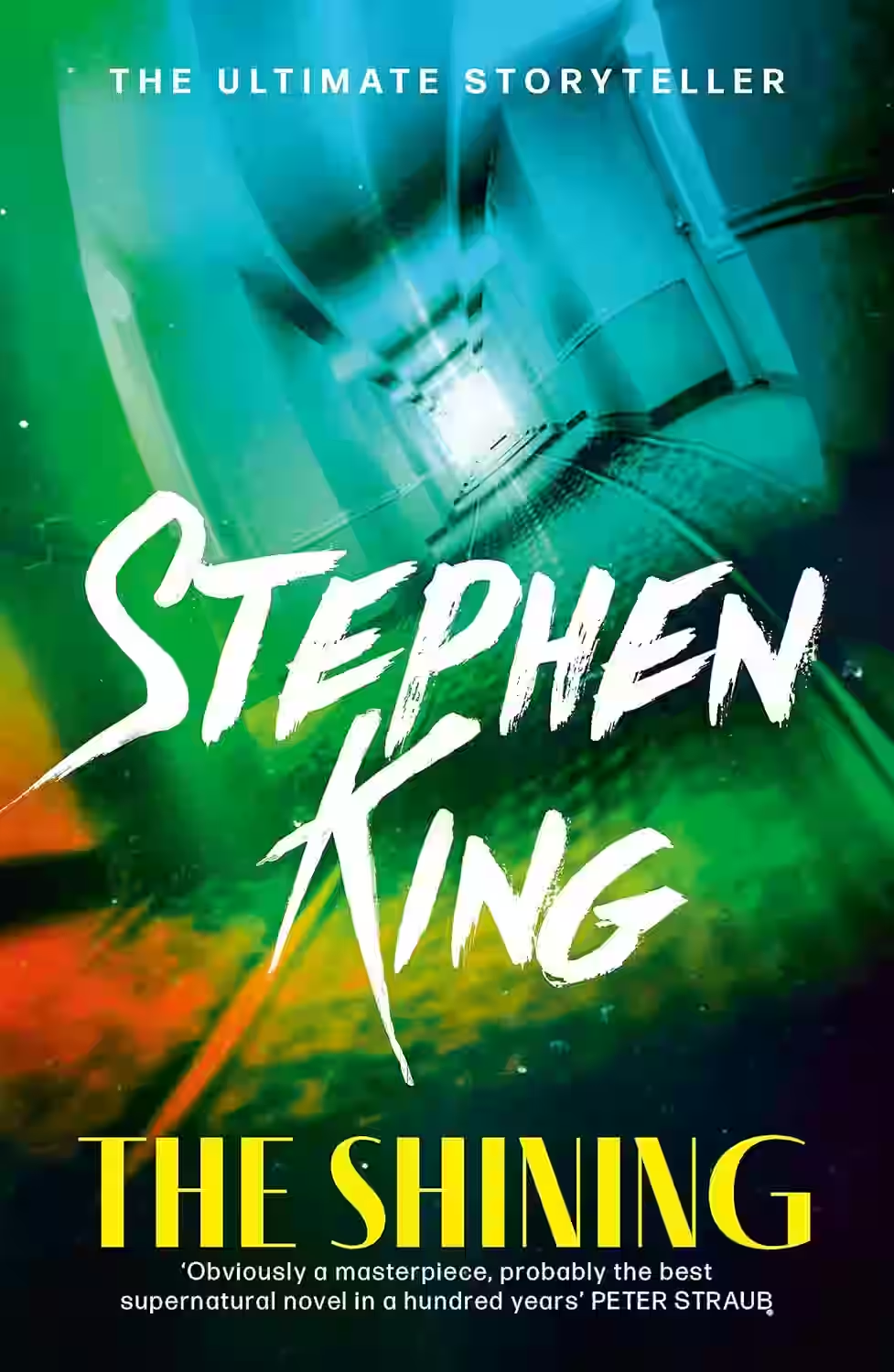
The Shining
by Stephen King
Series: The Shining (#1)
In Stephen King's classic horror novel 'The Shining,' readers are drawn into the eerie and isolated world of the Overlook Hotel where the Torrance family is hired as caretakers during the winter. As Jack Torrance's descent into madness unravels, the spirits haunting the hotel come to life, terrorizing his wife, Wendy, and psychic son, Danny. King masterfully explores themes of addiction, isolation, and the supernatural, creating a gripping tale of psychological horror that blurs the line between reality and nightmare. With its well-developed characters and atmospheric setting, 'The Shining' is a haunting journey into the dark depths of the human psyche.
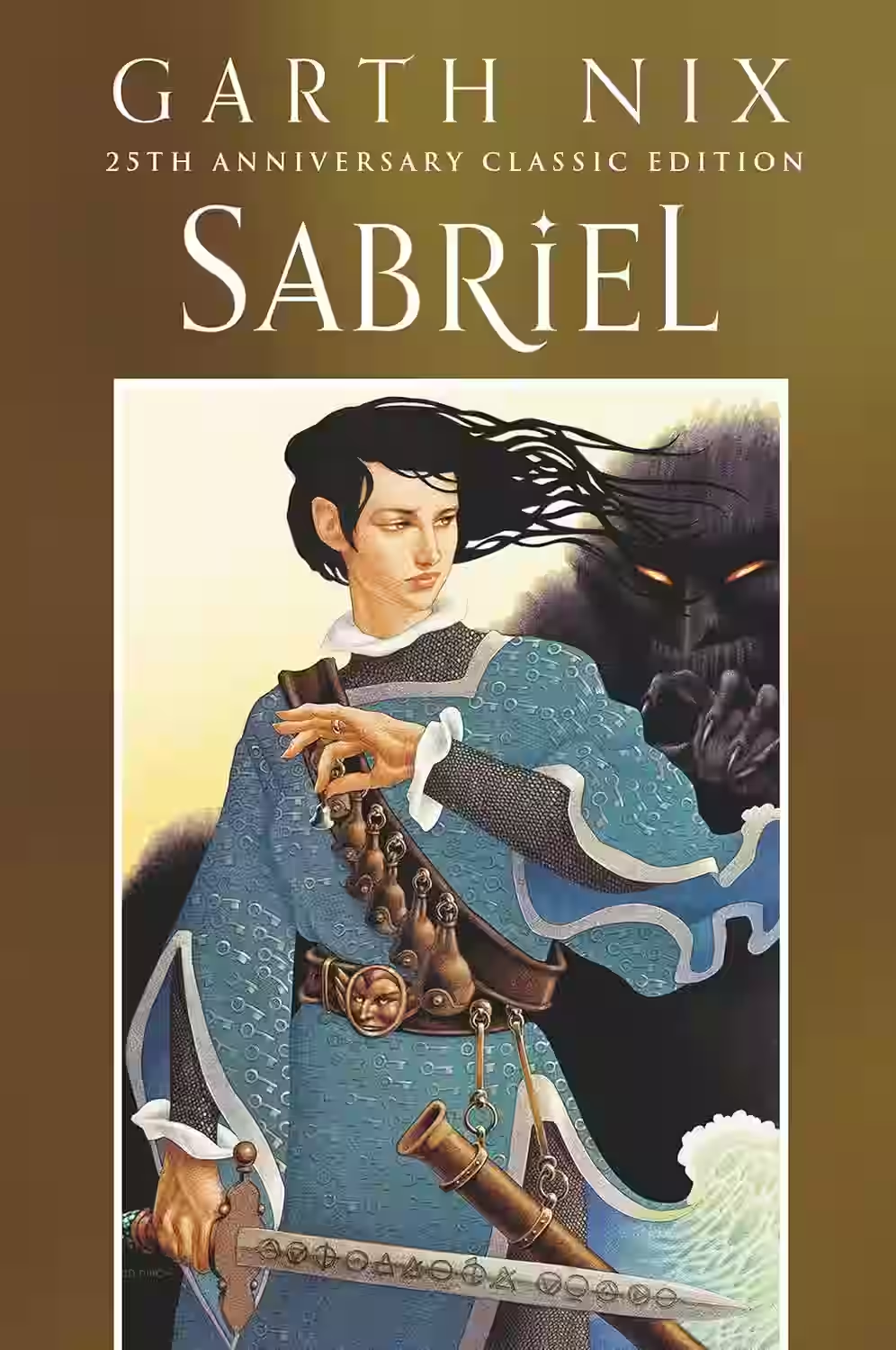
Sabriel
by Garth Nix
Series: Old Kingdom (#1)
Garth Nix's 'Sabriel' is a captivating blend of fantasy, adventure, and coming-of-age themes. Set in a world where the living and the dead coexist, the story follows Sabriel, a young necromancer on a quest to find her missing father and save the Old Kingdom from a powerful evil. Nix's intricate world-building and well-developed characters draw readers into a tale of magic, courage, and self-discovery. As Sabriel navigates challenges both magical and personal, the narrative explores themes of identity, duty, and the bonds of family. With its rich mythology and fast-paced plot, 'Sabriel' is a must-read for fans of fantasy.
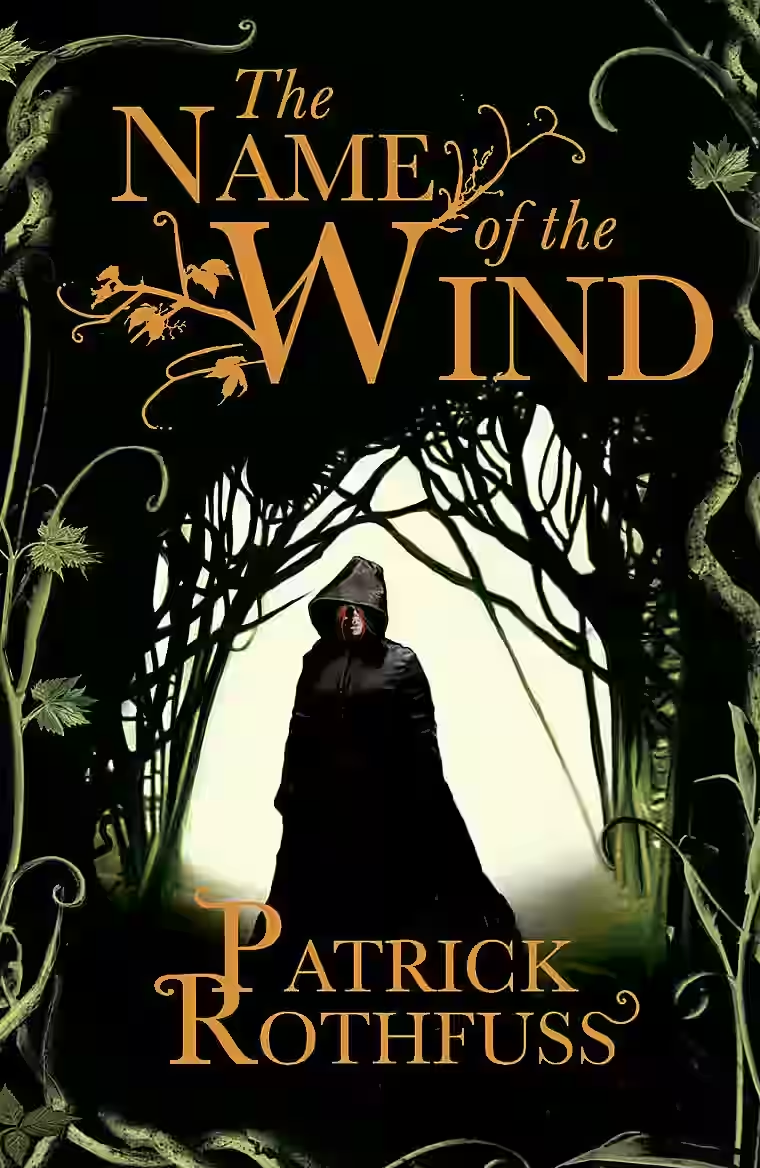
The Name of the Wind
Series: The Kingkiller Chronicle (#1)
This epic fantasy tells the tale of Kvothe, a gifted young musician who becomes the most notorious wizard his world has ever seen. Through an intricate framing device, Kvothe recounts his transformation from a traveling player to a legendary figure, weaving together magic, music, love, and tragedy in a world rich with detail and mystery.

The Iliad
by Homer
Attributed to Homer, The Iliad is an ancient Greek epic poem that recounts the events of the Trojan War, focusing on the wrath of Achilles. Set during the final weeks of the war, it explores themes of honor, pride, fate, and the brutality of conflict. Heroes like Hector, Agamemnon, and Odysseus face gods and mortality on a battlefield soaked in glory and grief. While it centers on battles, the poem also delves deeply into human emotions, divine intervention, and the consequences of vengeance. A cornerstone of Western literature, The Iliad remains a timeless exploration of war and heroism.
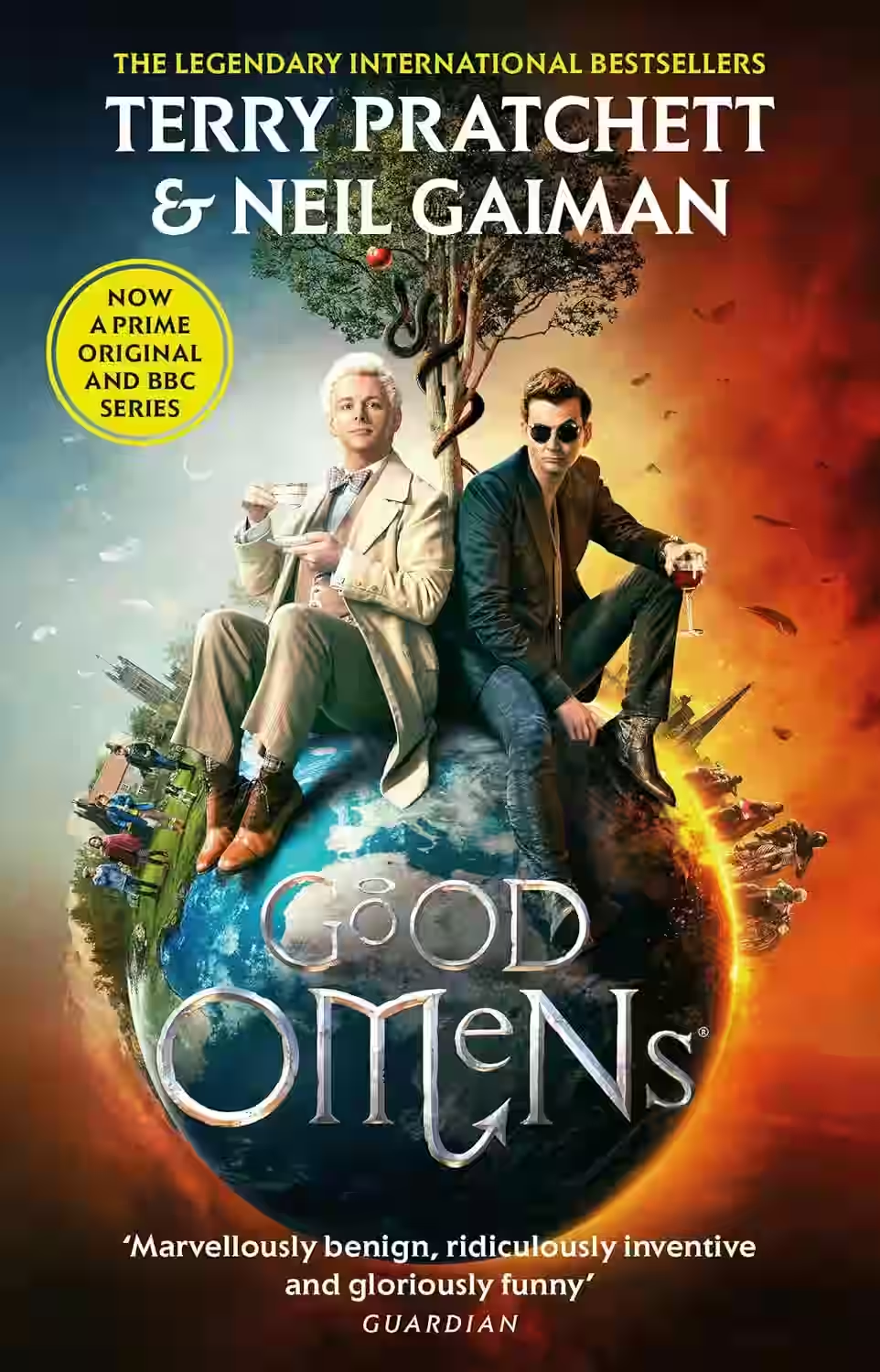
Good Omens
by Neil Gaiman, Terry Pratchett
In 'Good Omens' by Neil Gaiman and Terry Pratchett, readers are taken on a delightful and witty journey through the unlikely pairing of an angel and a demon who team up to stop the apocalypse. The book masterfully combines elements of fantasy, humor, and satire to deliver a story filled with quirky characters and clever wordplay. Gaiman and Pratchett's writing styles complement each other beautifully, creating a seamless narrative that is both entertaining and thought-provoking. As the duo navigates through good, evil, and the absurdities of human nature, readers are treated to a unique blend of laughter and deep insights.

The House on Mango Street
In Sandra Cisneros' 'The House on Mango Street,' readers are transported to a vibrant Chicano neighborhood where the protagonist, Esperanza, navigates the complexities of identity, womanhood, and community. Written in a series of vignettes, the novel offers poignant glimpses into Esperanza's coming-of-age journey as she dreams of a better life outside the confines of her impoverished surroundings. Cisneros' lyrical prose beautifully captures the nuances of Esperanza's world, exploring themes of family, culture, and self-discovery. 'The House on Mango Street' is a powerful exploration of the human spirit's resilience and the universal quest for belonging and fulfillment.
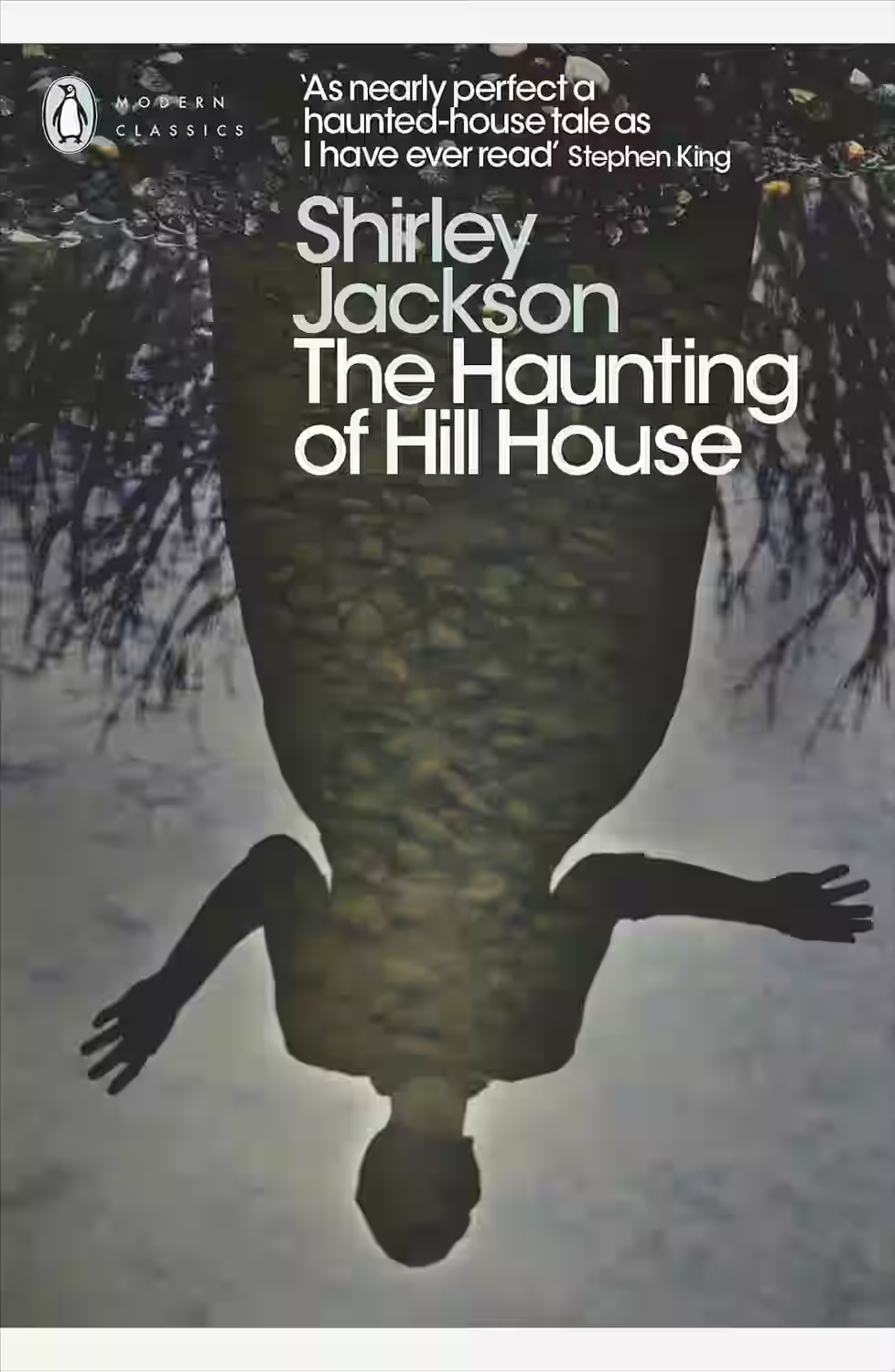
The Haunting of Hill House
Shirley Jackson's 'The Haunting of Hill House' is a timeless classic in the horror genre that delves into the psychological complexity of fear and the supernatural. The novel follows four characters who set out to investigate the eerie history of Hill House, only to encounter terror beyond their wildest imaginations. Through masterful storytelling, Jackson weaves a tale of suspense, mystery, and the blurred lines between reality and the paranormal. The intricate dynamics between the characters and the sinister atmosphere of Hill House create a chilling narrative that lingers long after the final page. A must-read for fans of psychological horror and Gothic fiction.
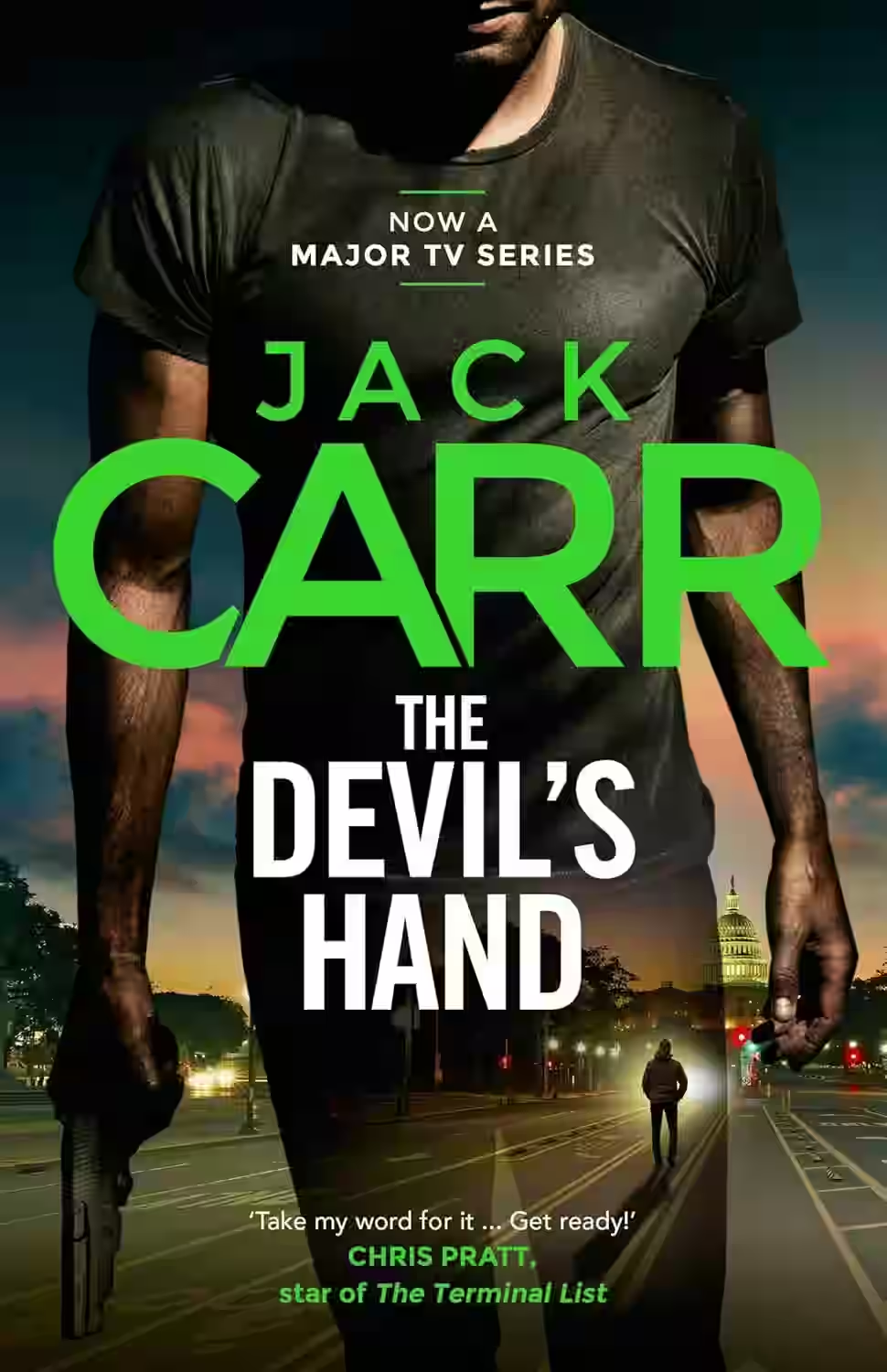
The Devil's Hand
by Jack Carr
Series: The Terminal List (#4)
In 'The Devil's Hand' by Jack Carr, readers are taken on a gripping journey through a world of espionage, betrayal, and revenge. The story follows former Navy SEAL James Reece as he uncovers a sinister conspiracy that threatens global security. As Reece navigates through a deadly game of cat and mouse, he must confront his own demons and make impossible choices to protect those he loves. Carr's attention to detail and authenticity in depicting military operations bring an added layer of realism to the intense narrative. With unpredictable twists and heart-pounding action, 'The Devil's Hand' is a must-read for fans of the thriller genre.
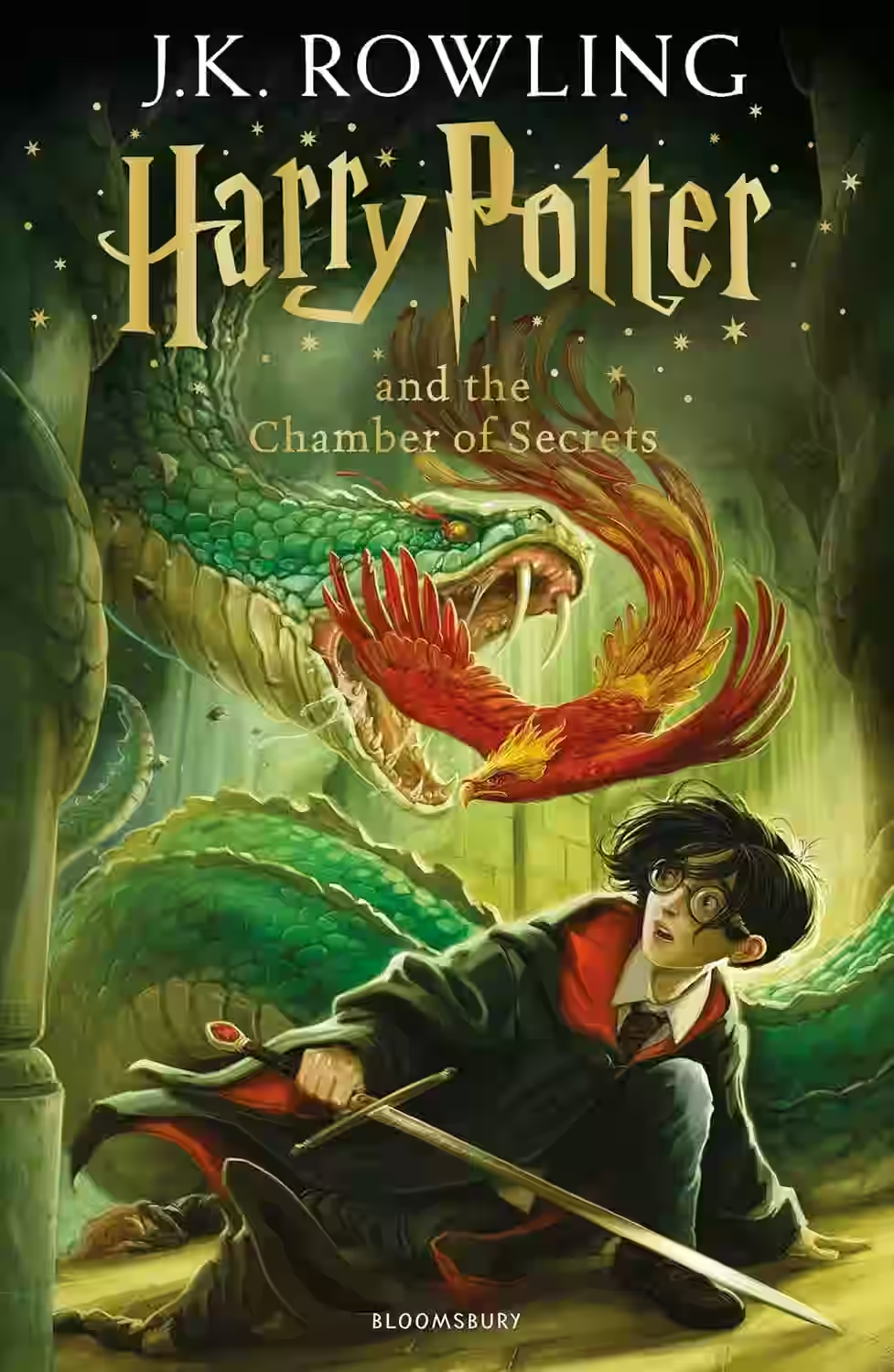
Harry Potter and the Chamber of Secrets
by J.K. Rowling
Series: Harry Potter (#2)
In the second installment of the Harry Potter series, Harry returns to Hogwarts only to find the school plagued by mysterious attacks. As he unravels the legend of the Chamber of Secrets and the heir of Slytherin, he faces danger and prejudice while uncovering secrets of the wizarding world. The book deepens the series’ mythology and themes of bravery, loyalty, and the power of choice. Filled with magical creatures, clever puzzles, and growing tension, it cements Harry's role as a true hero.

Emma
by Jane Austen
In Emma, Jane Austen crafts a witty and insightful portrait of a young woman who delights in matchmaking but misjudges her own feelings and those of others. Set in a quiet English village, the novel follows Emma Woodhouse as she navigates the social intricacies of love, class, and friendship. Though intelligent and charming, Emma’s meddling leads to misunderstandings that reveal her need for self-awareness. This classic novel explores personal growth and the pitfalls of pride with enduring humor and elegance.
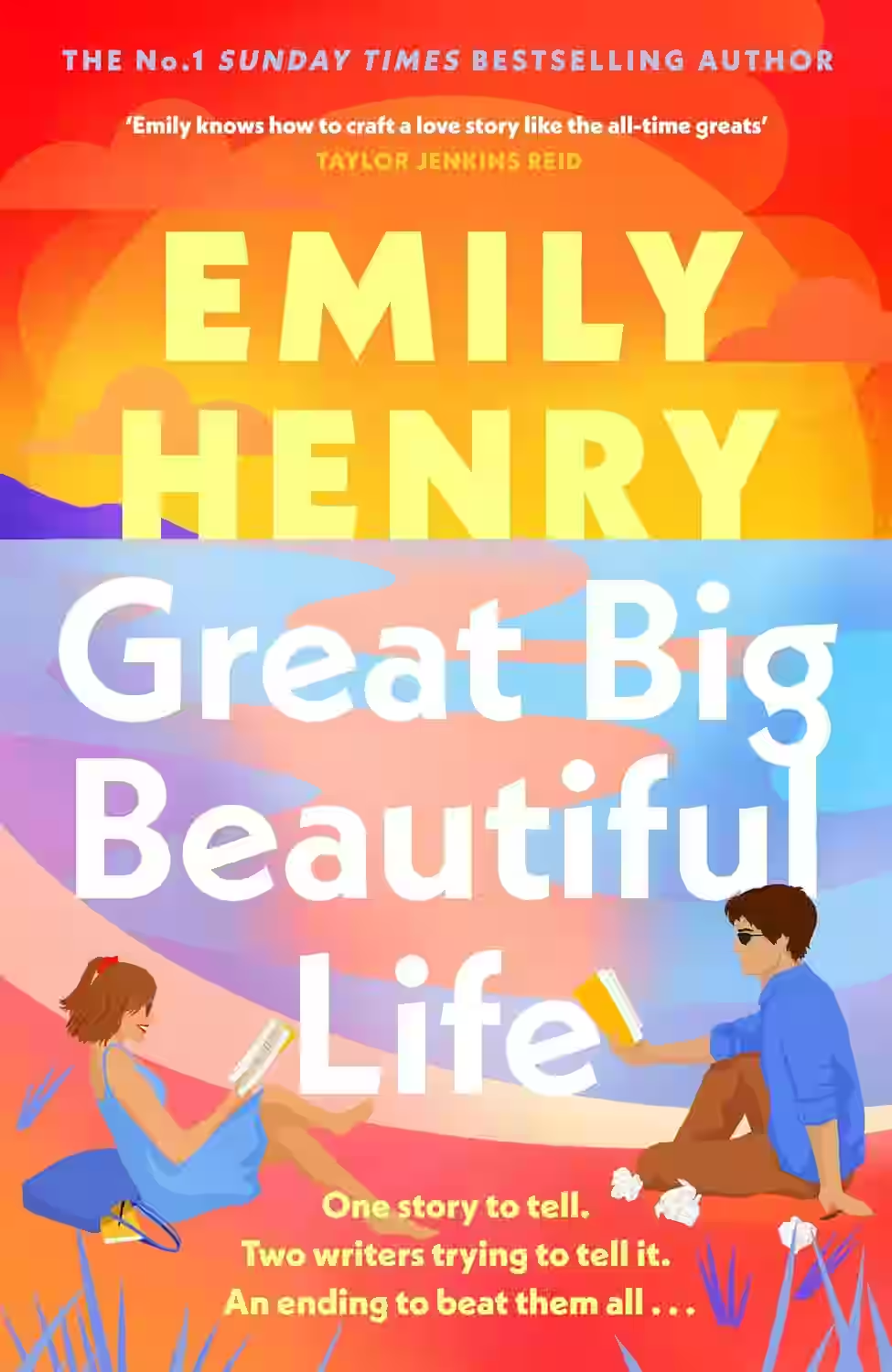
Great Big Beautiful Life
by Emily Henry
In Great Big Beautiful Life, Emily Henry tells the story of Alice Scott, a writer tasked with penning the biography of the elusive heiress Margaret Ives. As Alice delves into Margaret's past, she uncovers secrets that challenge her perceptions and force her to confront her own life choices. The novel explores themes of identity, legacy, and the complexities of human relationships. Henry's engaging prose and well-drawn characters create a compelling narrative about self-discovery and the stories we tell ourselves.
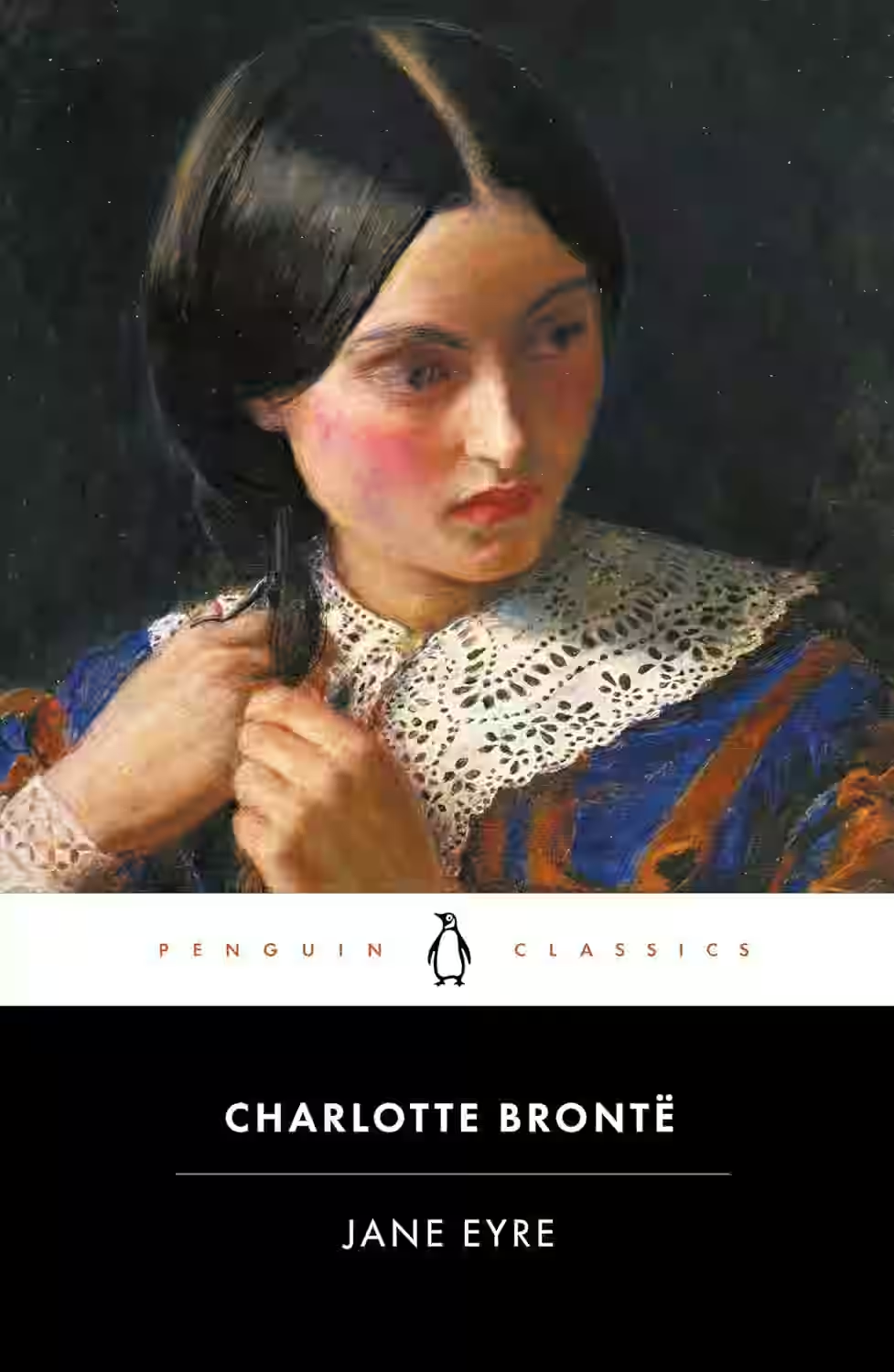
Jane Eyre
Charlotte Brontë’s Jane Eyre follows an orphaned girl who overcomes hardship and repression to find independence and love. As a governess at Thornfield Hall, Jane falls for the brooding Mr. Rochester, only to discover he harbors a dark secret. The novel explores themes of morality, autonomy, gender roles, and spiritual integrity. Noted for its strong, principled heroine and gothic atmosphere, Jane Eyre blends romance with social critique, cementing its place as a foundational feminist and literary classic.
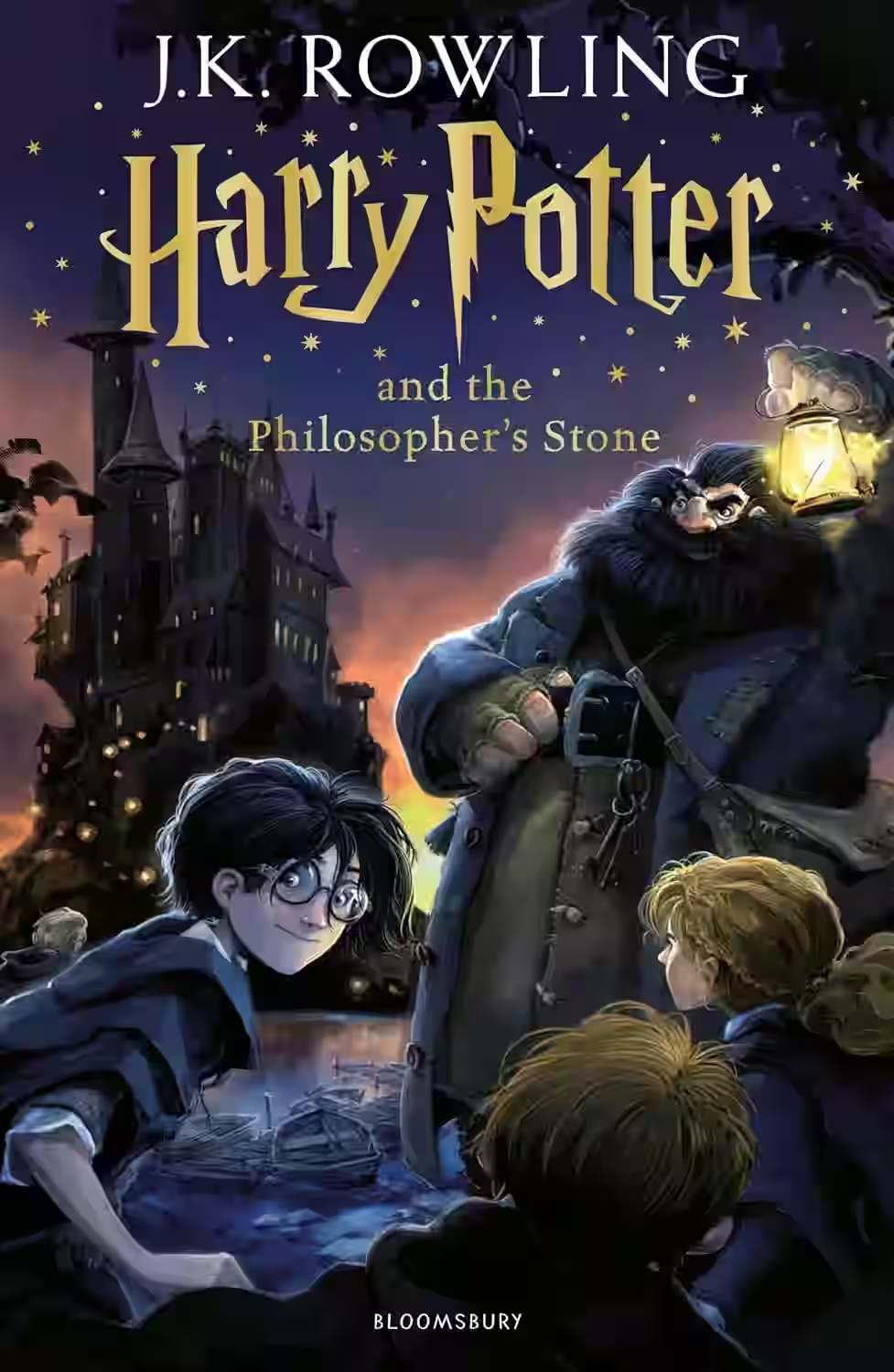
Harry Potter and the Philosopher's Stone
by J.K. Rowling
Series: Harry Potter (#1)
J.K. Rowling’s debut novel introduces Harry Potter, an orphan who discovers on his eleventh birthday that he is a wizard. Taken to Hogwarts School of Witchcraft and Wizardry, Harry learns about magic, makes lifelong friends, and uncovers secrets about his past—including the dark wizard who killed his parents. As he navigates this new world, he confronts danger and mystery surrounding a magical artifact called the Philosopher’s Stone. Blending fantasy, adventure, and themes of friendship, courage, and identity, the book launched one of the most beloved and influential series in modern literature.
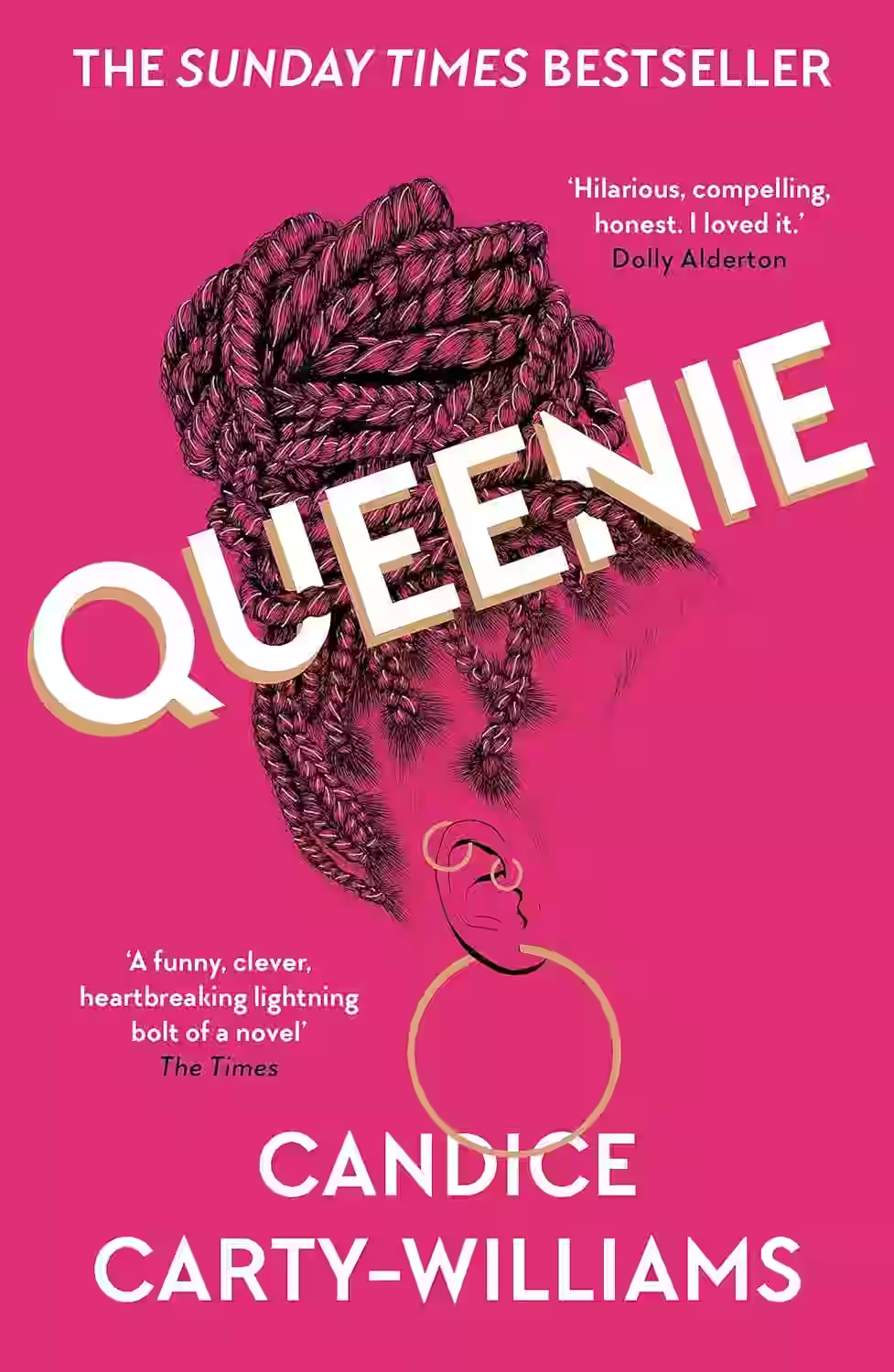
Queenie
Candice Carty-Williams' 'Queenie' delves into the life of a young Jamaican British woman navigating identity, relationships, and mental health in contemporary London. Queenie's struggles with self-worth, cultural expectations, and heartbreak make for a poignant and relatable narrative. The book skillfully explores themes of race, feminism, and mental health with a perfect blend of humor and raw emotion. Through Queenie's journey of self-discovery and resilience, readers are confronted with the complexities of modern life and societal pressures. Carty-Williams' writing is powerful, honest, and unapologetically authentic, leaving a lasting impact on those who delve into Queenie's world.
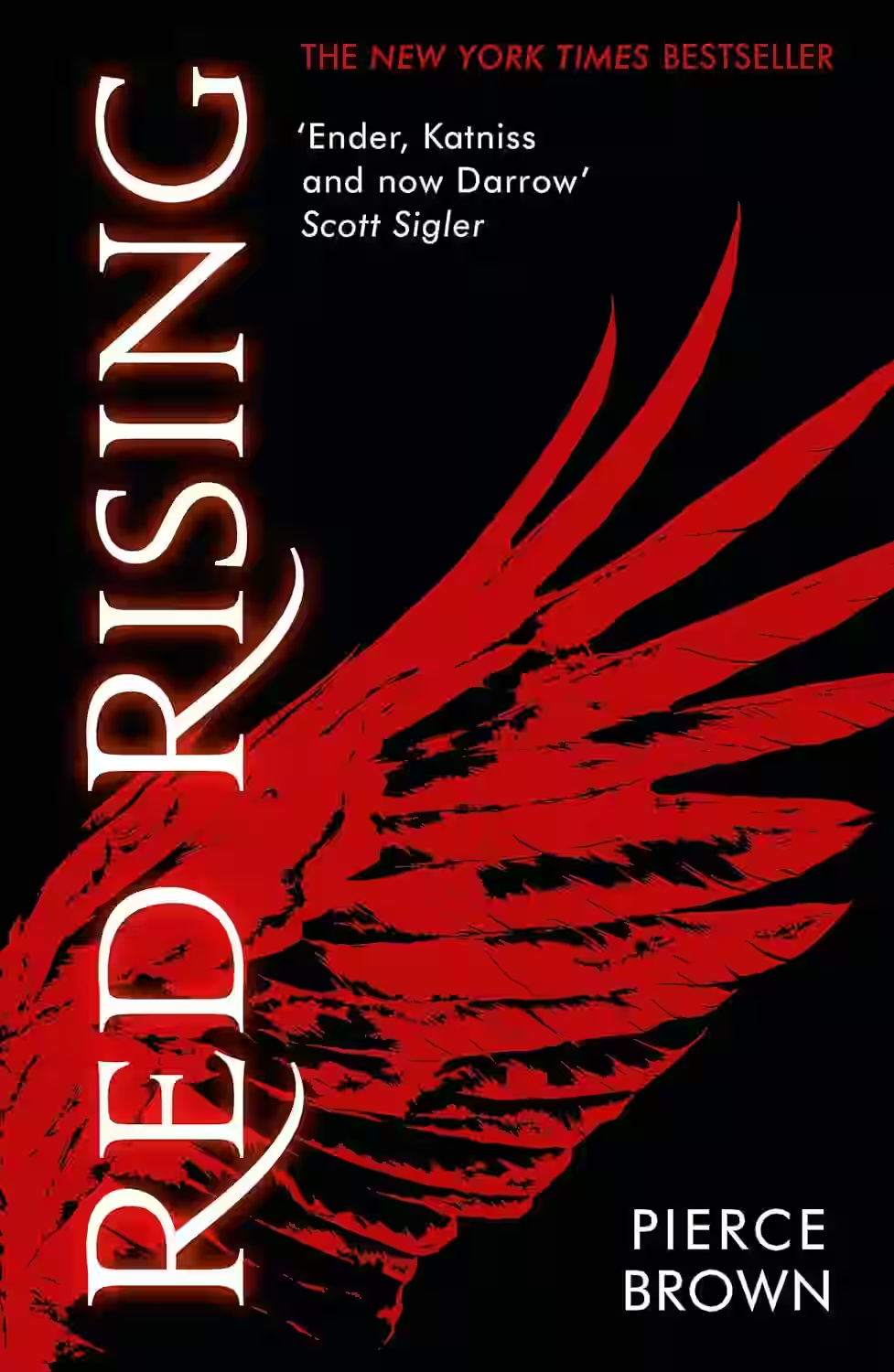
Red Rising
by Pierce Brown
Series: Red Rising (#1)
Darrow is a Helldiver. A pioneer of Mars. Born to slave beneath the earth so that one day, future generations might live above it. He is a Red - humankind's lowest caste. But he has something the Golds - the ruthless ruling class - will never understand. He has a wife he worships, a family who give him strength. He has love. And when they take that from him, all that remains is revenge.
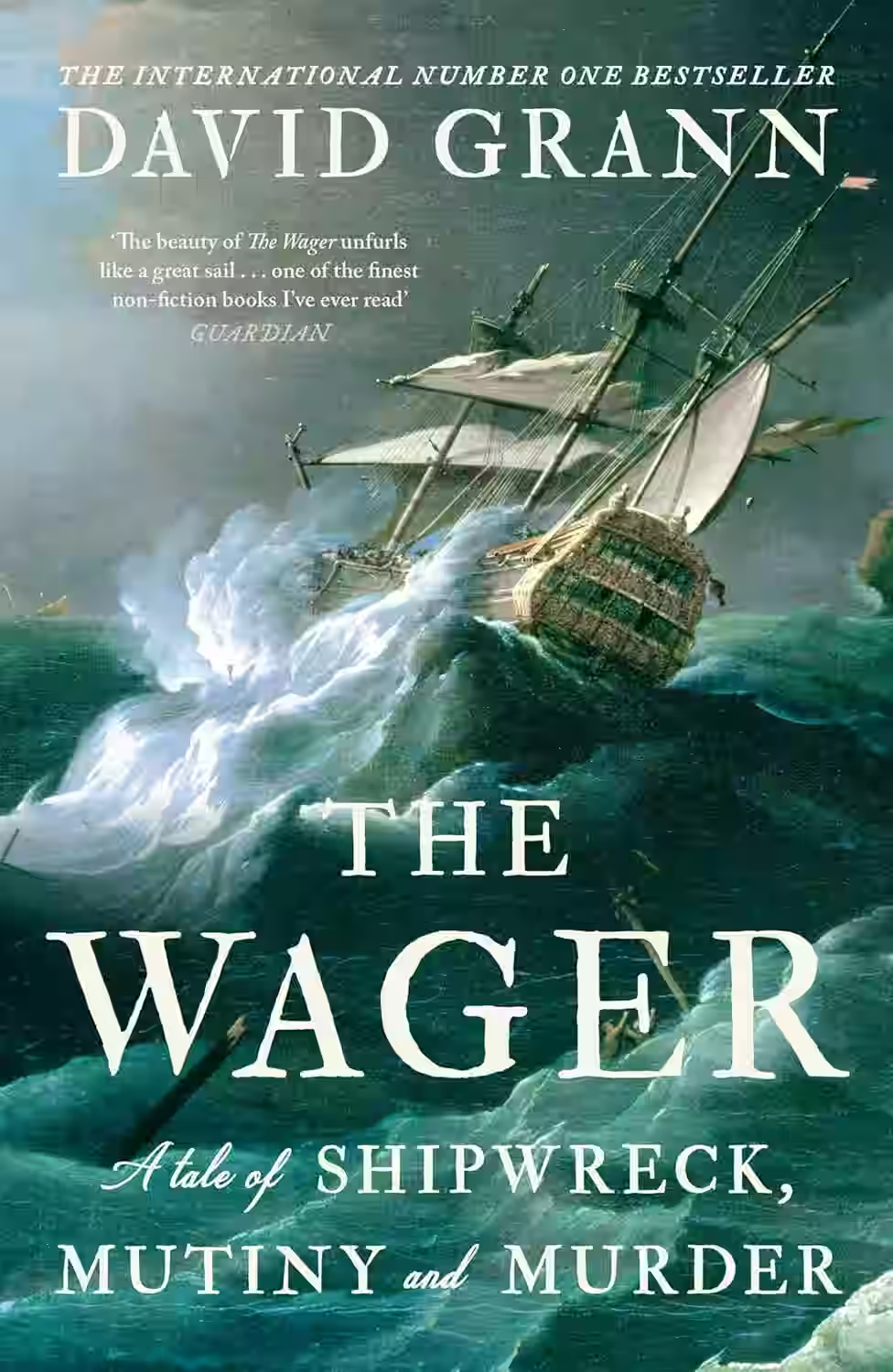
The Wager
by David Grann
On 28 January 1742, a battered boat arrived on Brazil’s coast, carrying thirty half-dead men with a shocking tale. They were survivors of His Majesty’s ship The Wager, wrecked off Patagonia in 1741 while chasing Spanish treasure during a secret wartime mission. Stranded and starving, the crew built a fragile craft and sailed 2,500 miles over brutal seas. Hailed as heroes—until, months later, another ragged boat reached Chile with three men accusing the first group of mutiny. The accused claimed tyranny in return. The truth? A descent into chaos, betrayal, and murder—leading to a court martial where the guilty might hang.